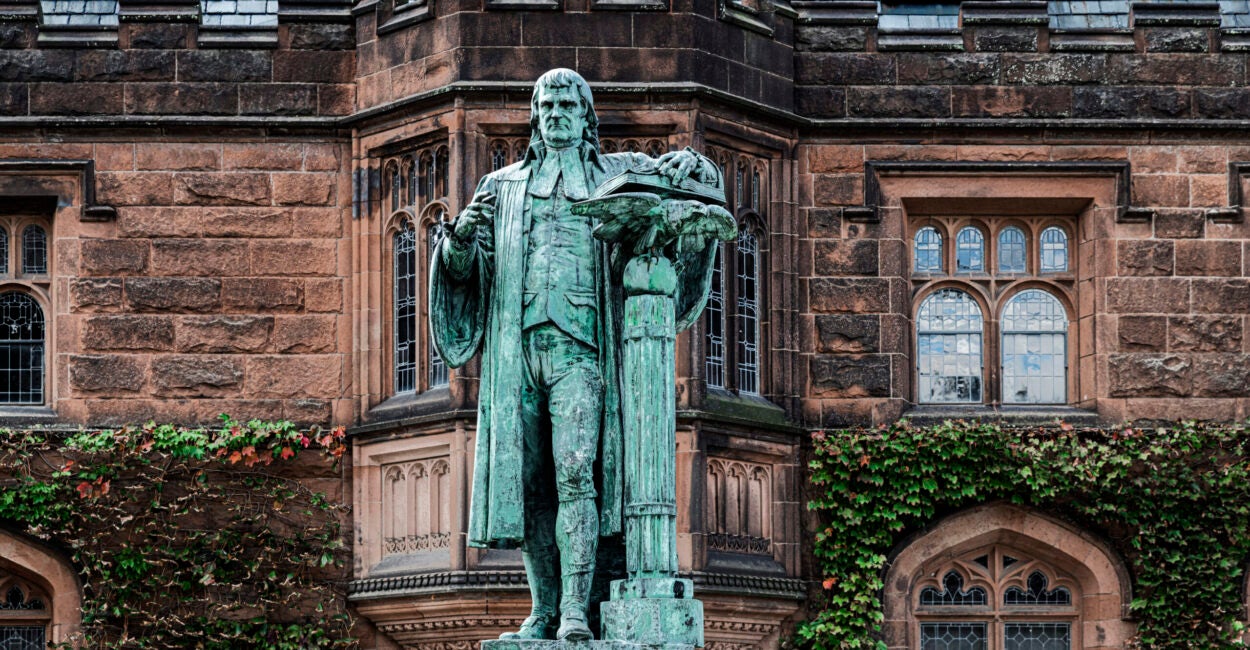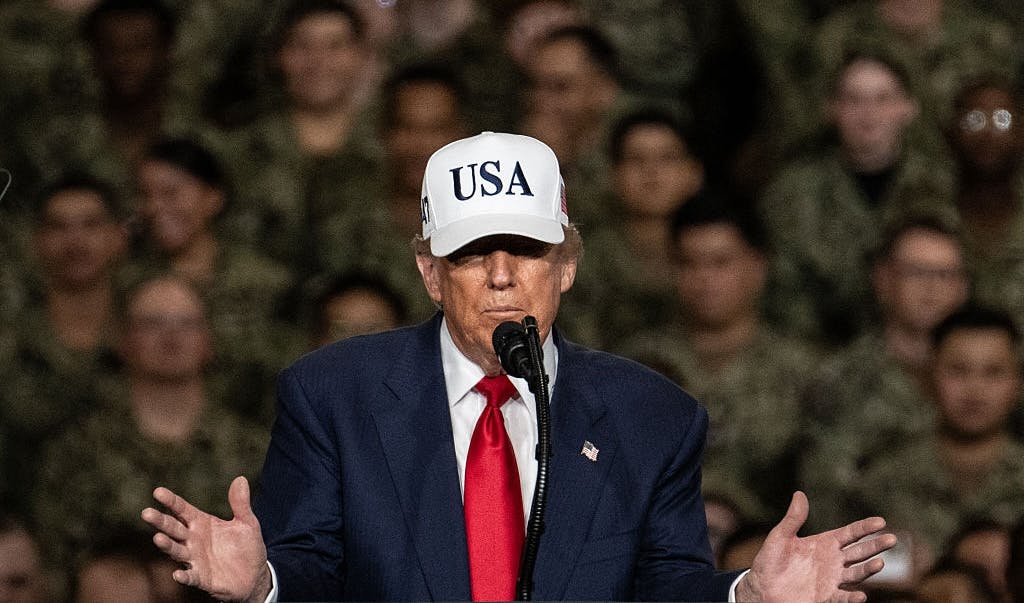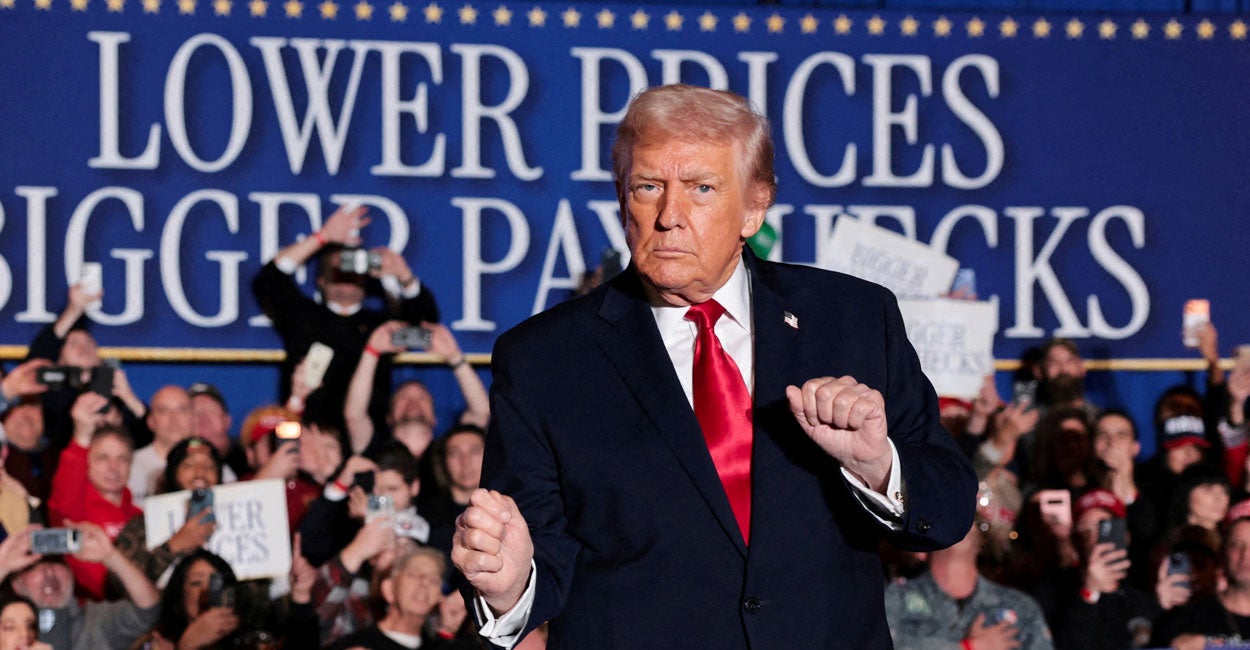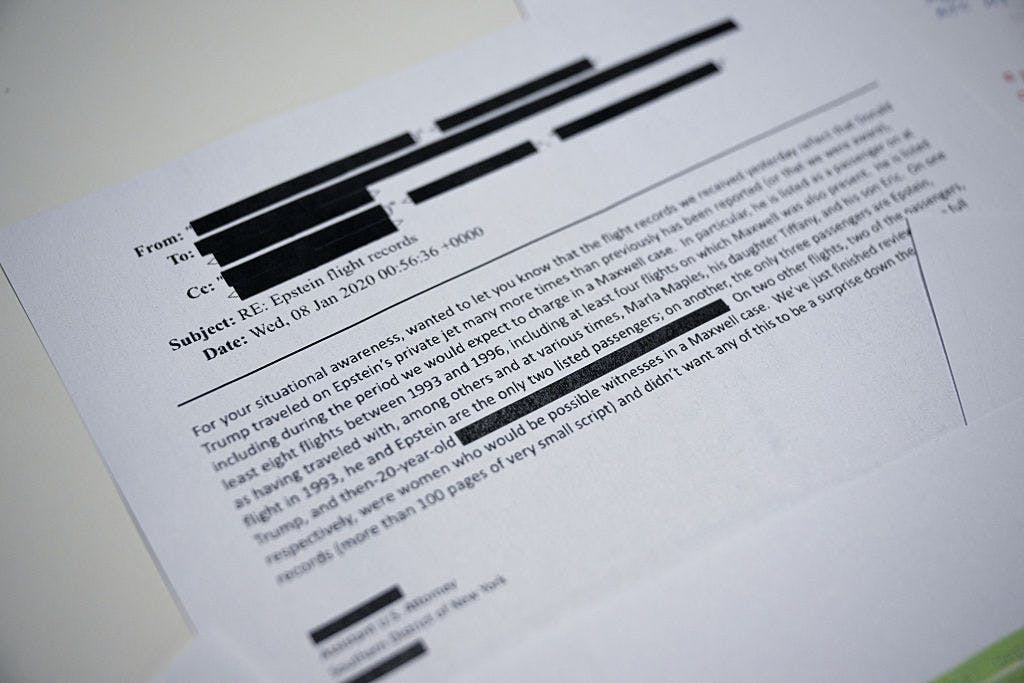Princeton’s President Pursues Politicization

While the Trump administration tries to rein in the political excesses that foster civil rights violations and undermine the reasons for publicly subsidizing higher education, Princeton president Chris Eisgruber has doubled down on universities’ political activism.
Live Your Best Retirement
Fun • Funds • Fitness • Freedom
As a leader of the “Resistance” opposing Trump’s efforts, Eisgruber believes that universities should have the autonomy to operate as they please, including by using their endowments to advance whatever political agendas they favor.
In 2022, Eisgruber convinced Princeton’s Board of Trustees to adopt a “Disassociation” policy, which made companies found to have “social responsibility issues” ineligible for investment by the university’s endowment.
But this disassociation went beyond divestment. These politically incorrect companies would not be allowed to sell their products on campus or even make donations. They could provide grants, but only if those grants funded projects that atoned for their corporate sins.
Princeton initially identified 90 companies in the fossil fuel industry from which it would dissociate. But there’s nothing keeping it from adding other companies in other industries if they are also found to have social responsibility issues.
Recently, there was a major campaign to add companies linked to Israel to Princeton’s disassociation list. Thankfully, the “Resources Committee” that advises the Board of Trustees on disassociation matters declined to recommend this step, saying that the Princeton community had not yet reached consensus, or “widespread deliberative agreement,” on the matter.
But the possibility of banning companies if others can be convinced that they have social responsibility issues is an invitation for endless political acrimony and bullying. All it takes is getting a committee to affirm that there is widespread deliberative agreement—meaning every activist group has a chance to make their cause official university policy.
If consensus means that everyone agrees, there obviously was no consensus at Princeton that fossil fuel companies deserved to be sanctioned. Advocates were simply loud enough to bully others into silence so that a committee could say that there was widespread deliberative agreement.
It should come as no surprise that in an attempt to create the appearance of widespread deliberative agreement, advocates for dissociation from Israel actively sought to silence opposition from Jewish and other pro-Israel students.
This hostile environment earned Princeton an F from the Anti-Defamation League for its handling of antisemitism. It also motivated the Trump administration to pause $210 million in federal research grants while the administration investigates civil rights violations at Princeton.
Trump and others aim to restore a traditional view of higher education: one where universities seek to advance and disseminate knowledge free from the distortions of political bias and intimidation. Eisgruber’s vision is essentially the opposite.
If Eisgruber and the Resistance were to succeed, universities would have license to offer official endorsement or condemnation of political causes that are considered consensus views. This would encourage radical activists to bully their peers, disrupting the pursuit and dissemination of knowledge in order to claim consensus and grab the brass ring of university endorsement—all at the expense of civil rights and honest intellectual inquiry.
Thankfully, many universities are moving away from Eisgruber’s vision of higher education.
To be sure, universities have facilitated ideological homogeneity and its attendant coercive policing of thought for far too long. But they are beginning to recognize their past mistakes and taking positive steps—steps like adopting institutional neutrality, refusing to use their endowments for political purposes, and reducing punishment for “wrong-thoughts.”
Reforming higher education will be like turning around a fossil fuel-filled supertanker, but one can at least detect deceleration in the wrong direction.
Just this week, Barnard University settled a lawsuit stemming from widespread problems with antisemitism on campus. In that settlement, it reaffirmed that it would not use its endowment for political purposes, including sanctioning Israel. And last week, the University of Pennsylvania reached an agreement with the Trump administration to cease having men compete in women’s sports or to be in women’s locker rooms.
There are even reports that both Harvard and Columbia are close to reaching agreements with the Trump administration to remediate their civil rights violations and to unfreeze federal funds.
Soon, Princeton will find itself standing alone in its pursuit of an increasingly politicized university. If it continues to lose public subsidy and doesn’t eventually reverse course, it may find itself reduced to nothing more than a finishing school for wealthy young radicals. Under Eisgruber, it already looks a lot like that.
The post Princeton’s President Pursues Politicization appeared first on The Daily Signal.
Originally Published at Daily Wire, Daily Signal, or The Blaze
What's Your Reaction?
 Like
0
Like
0
 Dislike
0
Dislike
0
 Love
0
Love
0
 Funny
0
Funny
0
 Angry
0
Angry
0
 Sad
0
Sad
0
 Wow
0
Wow
0










































































